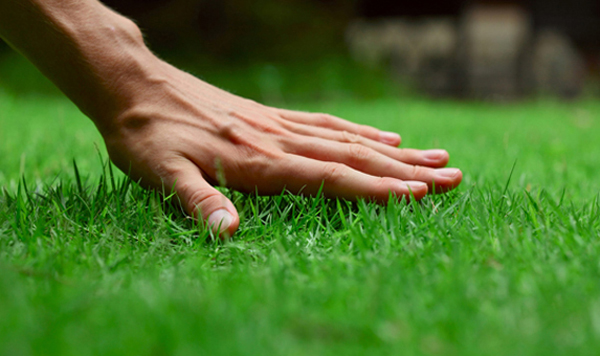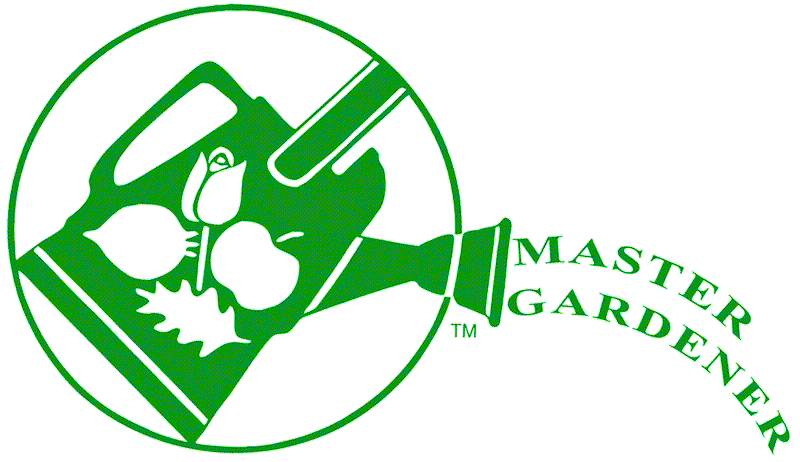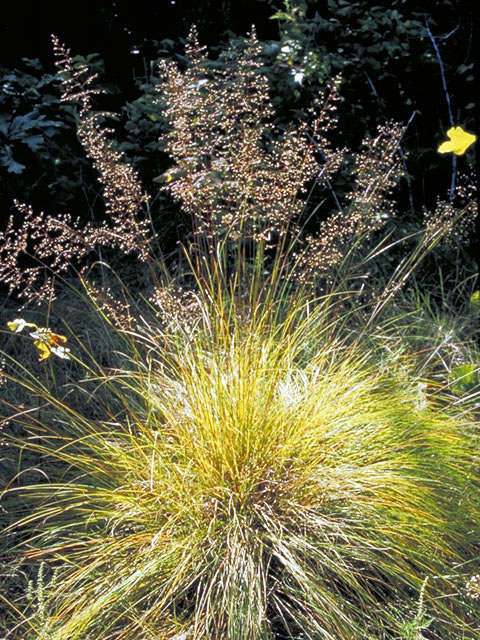
Since herbicides came off the market in Ontario in 2009, many homeowners puzzle over the right strategy to keep their lawns healthy. Fear not! All the turf management tools you need follow below. Proper lawn care techniques, done at the right time, can make your lawn greener than it’s ever been!
Click Here – Landscape Ontario’s Seven Simple Steps to Maintain a Healthy Lawn
Ready for Alternative Lawn?
If you’re ready to consider lower maintenance options, there are many to consider. We can reduce our lawn care costs while lessening our yard’s environmental impact. Fuel for power mowers, toxic emissions, fertilizers and pesticides, water consumption, and our weekend time are all part of the cost of lawn maintenance. Hiring a lawn care service can save time and energy, but the environmental costs remain.
Reduce the size of the lawn
- Groundcovers – These are plants that spread across the ground but do not grow tall, so no cutting is required. Areas planted in ground cover need little to no maintenance. Groundcovers are usually chosen for texture, density, and how well they spread and choke out the weeds. They enhance the soil by acting as a mulch, and some groundcovers are nitrogen-fixing.
- Clover – Clover works well as a replacement or supplement to regular turf grasses. Dutch White is best suited for lawn-type use. It needs little to no watering or mowing. Chemical fertilizers are not needed. It stays green even in the driest part of summer. It is low cost and easy to walk or play on. It is not however as durable for sports fields as other turf grasses. It also tolerates dog urine!
- Ornamental Grasses – These grasses are low maintenance and grow well in most soils. They seldom require fertilizer and have few pest and disease problems. Ornamental grasses are also drought-resistant and low maintenance. When choosing ornamental grasses for your yard, consider the characteristics of each variety.
- Extend your flower and shrub beds. Choose hardy natives and use mulch generously.
More resources to guide you to lawn alternatives:
Smart lawn alternatives to protect pollinators





About The Author: Armstrong
As an author and editor, Linda directs her lifelong love of nature and plants to concerns about our environment and how we can do better. In addition to decades of gardening experience, and training as a master gardener, Linda focuses on learning from leading science-based educators and writers, and in the process finds that she uncovers many gardening myths.
More posts by Armstrong